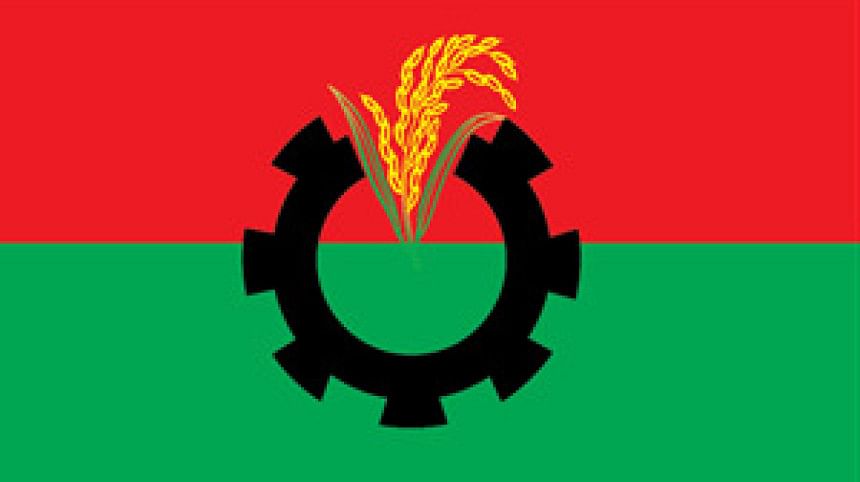Explain how Hasina, others managed to flee

The BNP has decided to demand an explanation from the interim government regarding how Sheikh Hasina and her associates managed to flee Bangladesh after the fall of the Awami League government on August 5.
Party leaders criticised the delay in prosecuting and punishing identified allies of the AL despite strong evidence and credible allegations of enforced disappearances and murders against them by domestic and international organisations.
Many of them were roaming freely, the BNP leaders alleged, seeking an explanation from the government.
The BNP made the decisions during its Thursday's extended meeting held near the parliament, attended by leaders from across the country. BNP Chairperson Khaleda Zia was the chief guest of the event presided over by acting chairman Tarique Rahman. Both joined virtually from London.
Hasina, the deposed prime minister, fled to India on August 5 following a student-led mass uprising. She is now facing over a hundred cases, including charges of murder, genocide, and crimes against humanity related to the deadly crackdown during the uprising.
BNP Standing Committee member Iqbal Hasan Mahmud Tuku said the government must clearly explain to the public how Hasina and her associates fled the country.
"People are still very confused. The government should at least publish a white paper on the matter," he told The Daily Star yesterday.
Blaming the government for its failure to maintain law and order, he said, "Nearly seven months have passed, and the public still does not know how many firearms have been recovered from Awami League leaders and activists. The government should take this issue seriously."
BNP leaders called for the government to take strong diplomatic and legal action against those who have fled and are allegedly conspiring against Bangladesh's independence, sovereignty, and stability from abroad.
The party has decided to demand action against the cohorts of the AL who are trying to destabilise the country, calling for the immediate withdrawal of all politically motivated cases filed by the previous government and during the 2007-'08 caretaker administration.
The BNP proposed that all reform proposals possible before the national election be implemented immediately, while other reforms requiring legal or constitutional amendments be submitted to the House for approval after the polls.
The BNP reiterated that it is the responsibility of all democratically minded and patriotic citizens to support the interim government in ensuring a free, fair, and impartial national election.
The party emphasised that democracy can only be established through free polls where people can choose their representatives.
The people of Bangladesh have been deprived of this fundamental right for nearly a decade and a half, and no further delays are acceptable, said leaders.
The BNP leaders urged the interim government to complete the necessary reforms and conduct the election as soon as possible.
They also expressed concerns over the rising prices of essentials and the worsening law and order situation in the country.
They accused certain business groups, allegedly benefiting from the previous government, of contributing to instability and called on all political parties and professional organisations within the anti-fascist movement to unite against their activities.
They also made the decision to seek a compilation of a list of individuals affected over the last 16 years, particularly during the July-August movement.
The leaders urged the government to provide state recognition, compensation for families of victims, and treatment and financial support for the injured.
They also instructed party members, activists, and affiliated organisations to remain active in their communities and engage with the public through people-centric programmes.

 For all latest news, follow The Daily Star's Google News channel.
For all latest news, follow The Daily Star's Google News channel. 








Comments